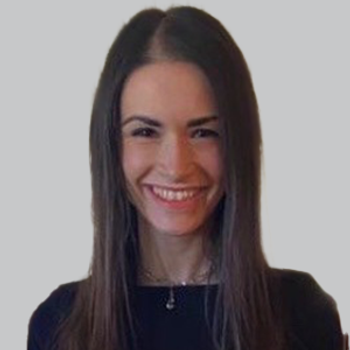
Laura Sebrow, PhD, a post doctoral neuropsychology fellow at North Shore University Hospital, discussed the relationship between patients’ reported cognitive difficulties and measurable cognitive performance during different migraine phases.

Laura Sebrow, PhD, a post doctoral neuropsychology fellow at North Shore University Hospital, discussed the relationship between patients’ reported cognitive difficulties and measurable cognitive performance during different migraine phases.
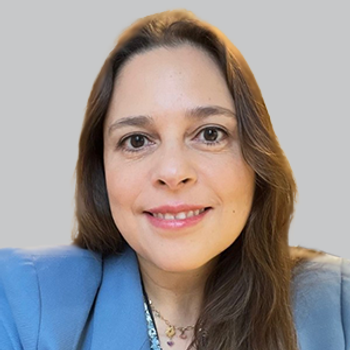
Marcela Romero-Reyes, DDS, PhD, FAHS, director of the Brotman Facial Pain Clinic at the University of Maryland, discussed a promising and potentially safer therapeutic approach for managing trigeminal neuropathic pain.
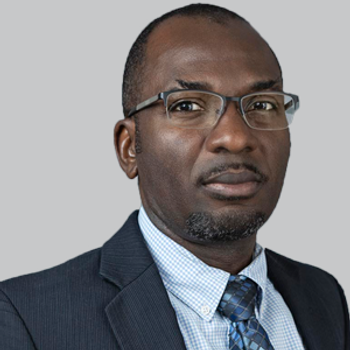
Omonigho Michael Bubu, MD, PhD, an associate professor of psychiatry, neurology, & population health at NYU Langone, discussed how OSA contributes to Alzheimer disease risk through race- and sex-specific mechanisms and neurodegenerative biomarkers.
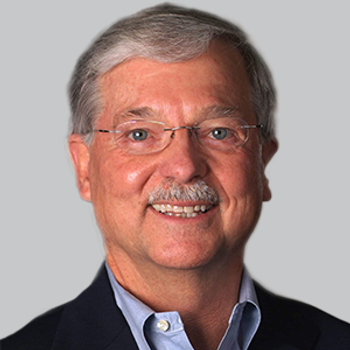
Richard Bogan, MD, FCCP, FAASM, an associate clinical professor at the University of South Carolina School of Medicine, discussed a bevy of presentations from the 2025 SLEEP Annual Meeting highlighting the effects of once-nightly sodium oxybate.
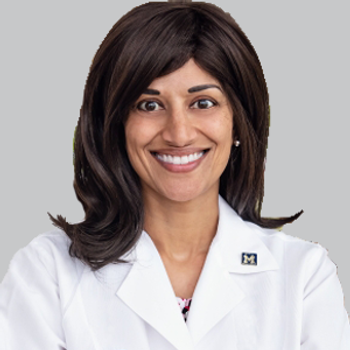
Anita Shelgikar, MD, a clinical professor at the University of Michigan and president of the American Academy of Sleep Medicine, provided post-conference perspectives on the 2025 SLEEP meeting, giving clinicians insights on the latest in research and treatment updates.

Centessa Pharmaceuticals initiates Phase 1 study for ORX142, a novel orexin receptor agonist targeting neurological disorders, promising new treatment avenues.
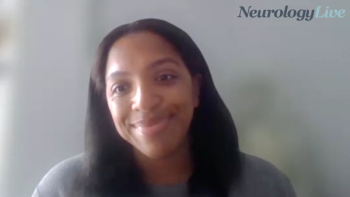
The associate vice president of strategy and innovation at the National MS Society highlighted the measurable benefits of health and wellness coaching for individuals with multiple sclerosis. [WATCH TIME: 5 minutes]

The director of the John A. Schafer, MD Multiple Sclerosis Achievement Center at Dignity Health discussed the effect of loneliness and social isolation on individuals living with multiple sclerosis.
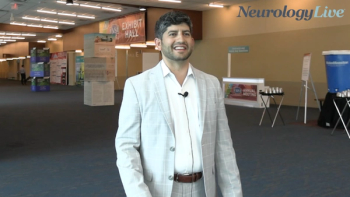
The assistant professor of neurology at the Medical College of Wisconsin talked about the complexities of advanced multiple sclerosis, highlighting gaps in clinical trials and the need for individualized care strategies. [WATCH TIME: 3 minutes]
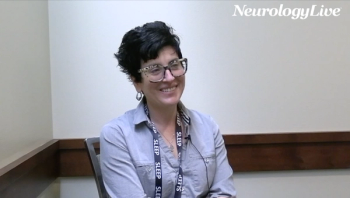
The neuropathologist at Mayo Clinic Florida discussed why EEG-based sleep biomarkers may help detect Alzheimer disease earlier and how they could enhance clinical trial design. [WATCH TIME: 3 minutes]
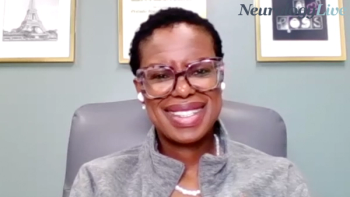
The chief executive officer of Restful Sleep MD emphasized the importance of tailoring pediatric sleep interventions to each family’s unique structure, values, and challenges. [WATCH TIME: 5 minutes]
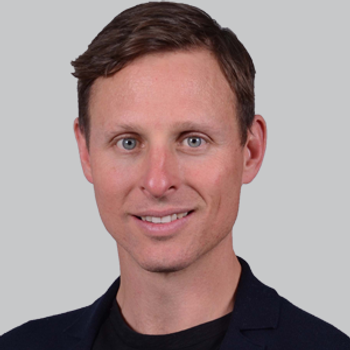
The director of sleep health at Flinders University discussed the latest clinical advances in pharmacotherapy, precision treatment targets, and combination strategies for obstructive sleep apnea.

Deepa Burman, MD, FAASM, co-director of the Pediatric Sleep Evaluation Center at UPMC Children’s Hospital of Pittsburgh, discussed the potential contributors to pediatric insomnia and the role of a thorough assessment for effective management.
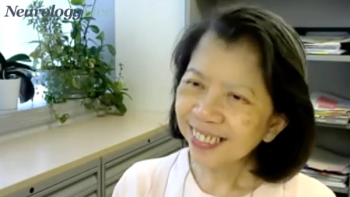
The director of the DMD Program at UMass Chan Medical School shared her experience at the 2025 CureDuchenne FUTURES National Conference, held May 22-25, in San Antonio, Texas. [WATCH TIME: 5 minutes]
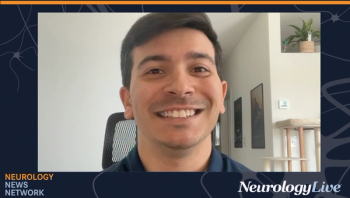
Neurology News Network. for the week ending June 14, 2025. [WATCH TIME: 4 minutes]
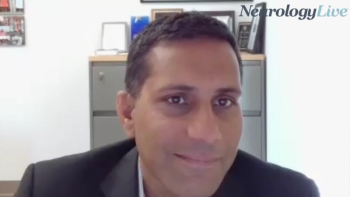
The director of the Center for Brain and Mind Health at Yale University discussed new findings in thrombolytic therapy, stroke monitoring, neuroprotection, and imaging technologies presented at ESOC 2025. [WATCH TIME: 7 minutes]

Funke Afolabi-Brown, MD, FAASM, chief executive officer of Restful Sleep MD, discussed the potential role of family dynamics and individualized planning in the effective management of pediatric sleep disorders.
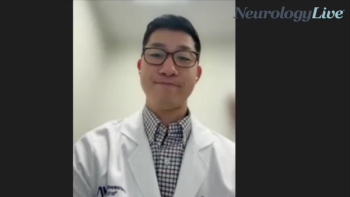
The neurosurgeon at Northwestern Medicine discussed diagnostic approaches, evolving treatment strategies, and the importance of timely referral in managing peripheral nerve injuries. [WATCH TIME: 3 minutes]
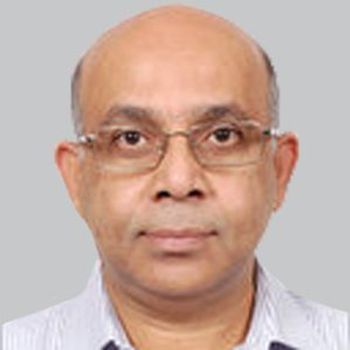
A new phase 2 study explores samelisant's potential to treat cataplexy in narcolepsy type 1, promising improved patient outcomes and safety.
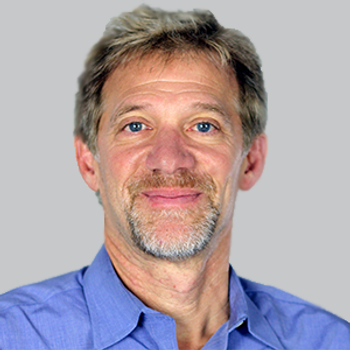
New 5-year findings from the National RLS Opioid Registry presented at SLEEP 2025 highlight the long-term stability and dose trends of low-dose opioid therapy in patients with restless legs syndrome.
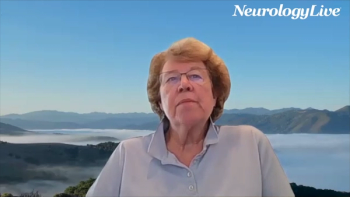
Members from Nuvig Therapeutics discussed how NVG-2089 could improve the CIDP treatment landscape by offering IVIG-like efficacy with a better safety and administration profile. [WATCH TIME: 3 minutes]

Switching to once-nightly sodium oxybate significantly improves sleep-related eating disorder in narcolepsy patients, enhancing overall treatment outcomes.
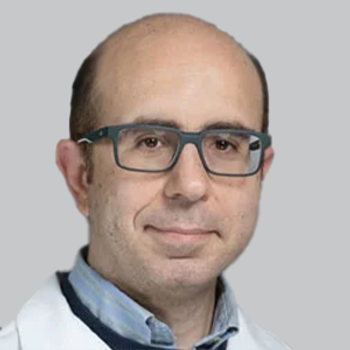
An interim analysis of an ongoing study suggested that the tonic motor activation demonstrated comparable short-term outcomes for both painful and painless forms of restless legs syndrome.
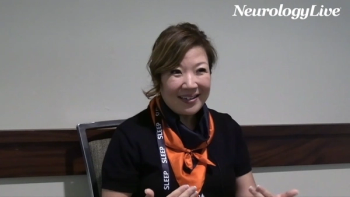
The sleep and stroke neurologist at Barrow Neurological Institute detailed how improving glymphatic function may prevent strokes and enhance recovery from both hemorrhagic and ischemic events. [WATCH TIME: 5 minutes]
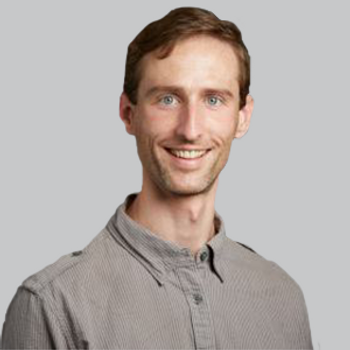
Findings from the Jazz DUET study presented at SLEEP 2025 showed that low-sodium oxybate reduced daytime sleepiness and improved sleep parameters in patients with narcolepsy types 1 and 2.

The neuropathologist at Mayo Clinic Florida discussed her presentation from SLEEP 2025, outlining how early tau accumulation in wake-promoting brain regions contributes to sleep disturbances before Alzheimer disease symptoms arise. [WATCH TIME: 3 minutes]

The neuroscientist and physician at Mount Sinai explored the role of sleep-dependent brain clearance in Alzheimer disease and how emerging research is challenging longstanding assumptions.
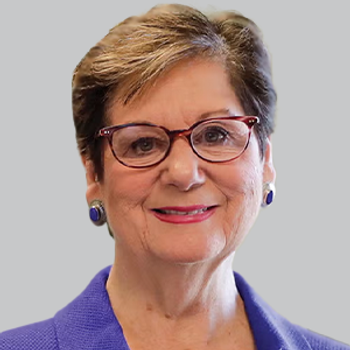
Data from a pair of phase 3 trials suggest that tirzepatide treatment may improve patient-reported measures of sleepiness in individuals with obstructive sleep apnea and obesity.
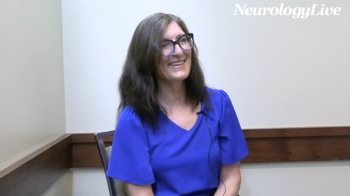
The professor of psychology at the University of Tulsa provided insight on how her team adapted CBT for children with nightmares using a learning-theory approach that targets the fear-avoidance cycle. [WATCH TIME: 5 minutes]

New phase 2 trial data presented at SLEEP 2025 suggest TAK-861 significantly decreased microsleep frequency and delayed onset of first microsleep in individuals with narcolepsy type 1.